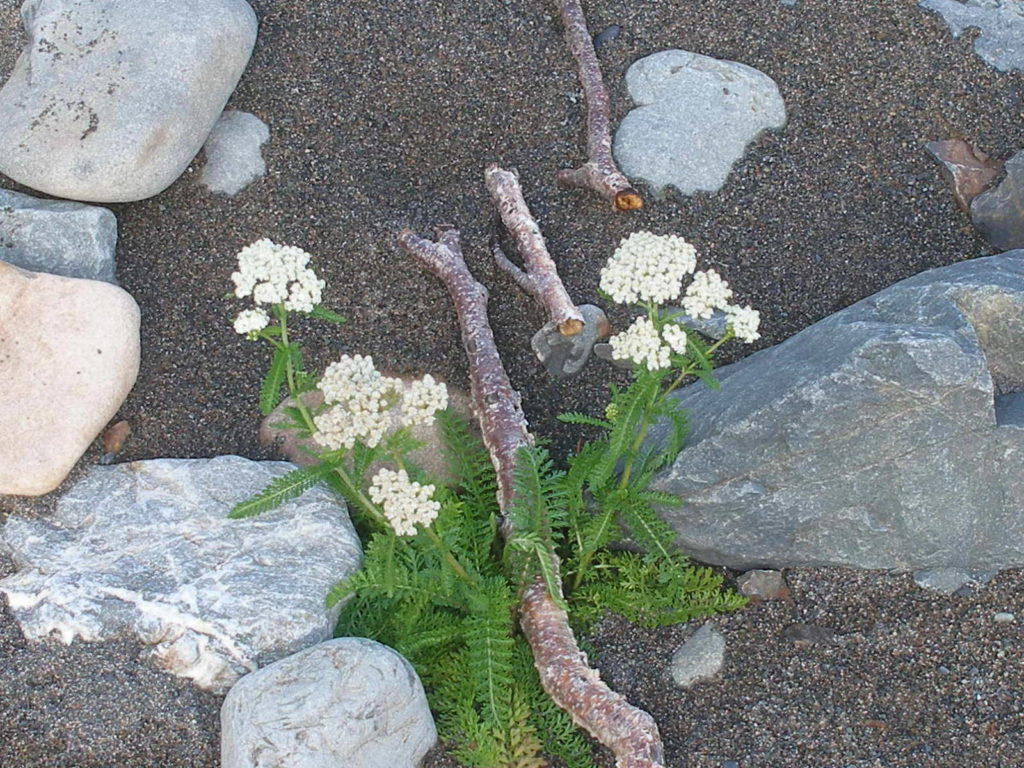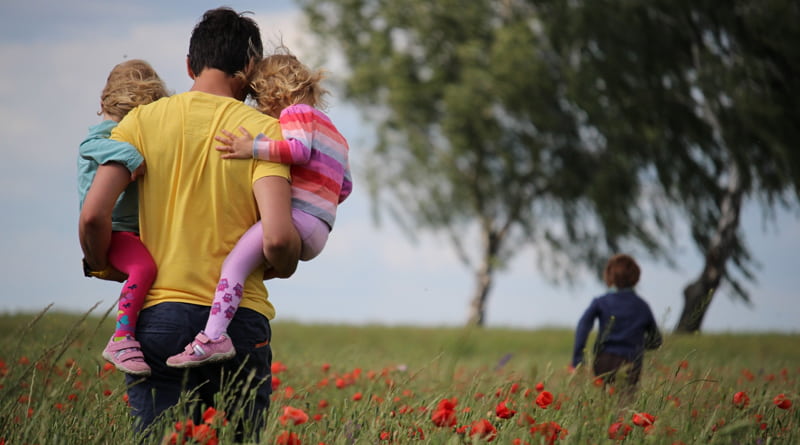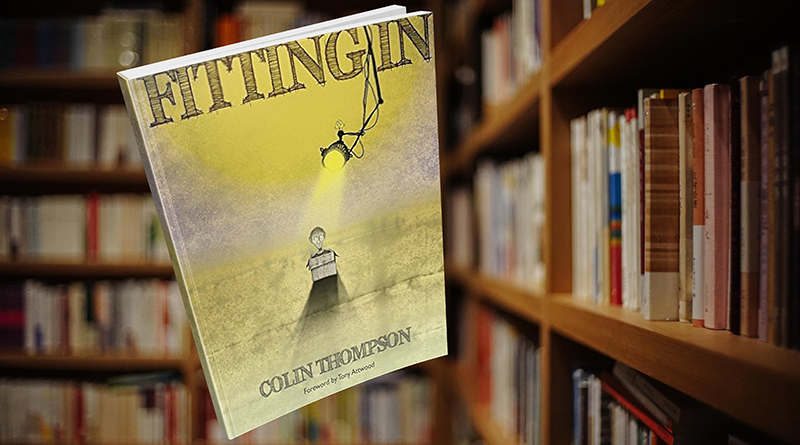
Every Brain Has Something to Offer: The Value of Diversity & Creating Meaningful Work
By Britt-Mari Sykes Ph.D.
I witness and work with diversity everyday. As an integrative career counselor, I work at the interface of the diverse talents, capacities and experiences of my clients and their desire to discover meaningful work, to contribute to and be vibrant members of community. As an advocate for the reality and value of diversity, I believe two fundamental things: 1. Everyone – every individual – has something to offer and 2. Individuals have substantially more talent, capacity and value to offer than the work world embraces or makes use of. Each of these beliefs is confirmed in the work that my clients and I do together.
Indeed, I would propose that these beliefs be taken as the starting point for any discussion on neurodiversity. In doing so I believe we can begin to change the conversation(s) substantively about how we define capacities, skills and talents for work and career among the neurodiverse. At the starting point is the assumption that we are all capable of making a contribution. And then we expand to include the importance that meaningful work and interaction have on our well-being and the feeling that our unique way of being has a rightful place in, and is of value to, the world. The presumption here is that possibilities are always present amongst diverse realities, capabilities and experiences. In my work with clients, this means integrating the unique strengths and diverse realities of individual experience with the emotional and intellectual flourishing that results from relational and communal life. Conversation is the core of my work with clients, work that integrates the reality, uniqueness and possibility of their lives and experiences.
The Power of Conversation
I prefer conversation over assessments as a path to discovering career and job potential. I believe conversation that focuses on personal experiences, unique ways of being, self-awareness and creative collaboration is far more productive than assessments that attempt to categorize, pinpoint, label or define career and job potential. I take for granted that each person I work with is always “more than” any one category or label. Indeed, most people are the embodiment of many developed and developing layers of capacity. These layers work together and have an experiential logic specific to that individual. My work with clients concentrates on understanding and articulating (rather than defining) this unique logic, collaboratively bringing it to light, and co-creating steps forward that integrate a client’s reality with what is possible. Assessments, by contrast, create a static picture of a person and a standardized interpretation of their abilities. While assessments can offer a preliminary scan from which broader analysis and conversation can flow they also categorize and these categorizations can easily marginalize. I have often listened to clients who have experienced being marginalized in education, training and jobs in very concrete ways. I have also supported clients who have internalized the results of assessments and subsequently felt themselves to be “incapable of…” or “less than….” Such internalized feelings are often difficult to unravel, to place in perspective and to overcome.
When I advocate for conversation, I am inviting a broader understanding (rather than interpretation) of a fully living, moving, experiencing, diverse and unique human being. Conversation keeps us closely partnered with our own experiencing. It keeps us not only aware of our experiencing but also helps us assess our experiences, our feelings, perceptions, senses, styles of learning, what is personally meaningful and of value. Conversation opens an exploratory path to understanding and being aware of the influence and impact of the contexts in which we are living and working, our ability to discover and identify personal resilience and to access that resilience when needed. Conversation enables us to reflect on our experiences, to learn from them and to integrate these new perspectives as we go forward. When we both embrace and take for granted the unique strengths, challenges and possibilities of individual diversity, the result is a relational and creative space to flourish.
Creating Meaningful Work
The personal meaning and value that work, participation and contribution have on our well-being and development is substantial. Our individual physical and psychological health flourishes in direct relationship with the degrees of our engagement with our communities, our families, our friends, our education, training, and work. The access we have to full participation in the communities and world around us affects our experiences of belongingness, connection, contribution, being cared for, feeling loved and respected, caring for and loving others. Meaningful work has a profound impact both personally and collectively, given that each of us is both a distinct individual and a relational being.
Some of the ingredients that define meaningful work and apply to ALL diverse capacities and talents include:
- Feeling connected to, engaged with, and interested in the specific work we are doing.
- Being fully present (practicing awareness) in our daily work lives and the tasks at hand.
- Having goals, being committed to something in the future.
- Experiencing a sense of purpose, of being part of something.
- Valuing what we do and having work that is congruent with our values.
- Being acknowledged and valued for our unique assets and how we do our work: our particular skills, talents, experiences, personality, education, and accumulated expertise are fully active.
- Having opportunities to grow and to discover new potentials within ourselves.
- Experiencing our lives as interconnected – we relate and are dedicated to others and to the world around us; we feel connected to our communities; we participate in and enjoy healthy interpersonal relationships.
- Making a contribution: the quality of our engagement in the work we do and in our lives is deepened.
- Developing and expanding our unique expertise: there is movement and meaning to our lives.
The Interface of Reality and Possibility
When I work with clients, I work with the whole person. I work with their present realities, their unique experiences and the multiple ways they bring expression to their lives. Addressing the whole person, working with the multi-layered and specific contexts that are the reality of my clients’ lives, provides a more substantive, authentic and personalized foundation from which to support and encourage what is possible for them. Working at the interface of reality and possibility, discovering the personal resources present in my clients’ rich and diverse life stories – all the while keeping the door wide open to possibility – confirms the two basic beliefs I stated at the beginning of this article. Everyone has something to offer and everyone has substantially more talent, capacity and value than the work world embraces. Honoring the reality and value of neurodiversity is the place to start. That way, the ingredients can be found for co-creating and mapping out individually relevant and appropriate steps towards meaningful work and valued participation and engagement in the world.

OLYMPUS DIGITAL CAMERA
Britt-Mari Sykes Ph.D. is an integrative career counselor with an extensive background in existential and humanistic psychotherapies, career counseling and teaching. She is the author of Questioning Psychological Health and Well-Being (2010), a historical and contemporary examination of the meaning of psychological health and development. She is currently working on her second book: a collection of essays on education and career from an existential analytic perspective. Britt-Mari has guest-lectured extensively in classrooms and at conferences in Canada, the USA and Europe on the history of existential psychology, the theory of Existential Analysis, meaningful and fulfilling living and on creating vocation. She has served on panels at international conferences on human development, ethics in everyday life and the value of work. Based in Ottawa, Canada, Britt-Mari works remotely with a diverse clientele both nationally and internationally helping them to create personally empowered solutions to career transition, burnout and building meaningful careers.




